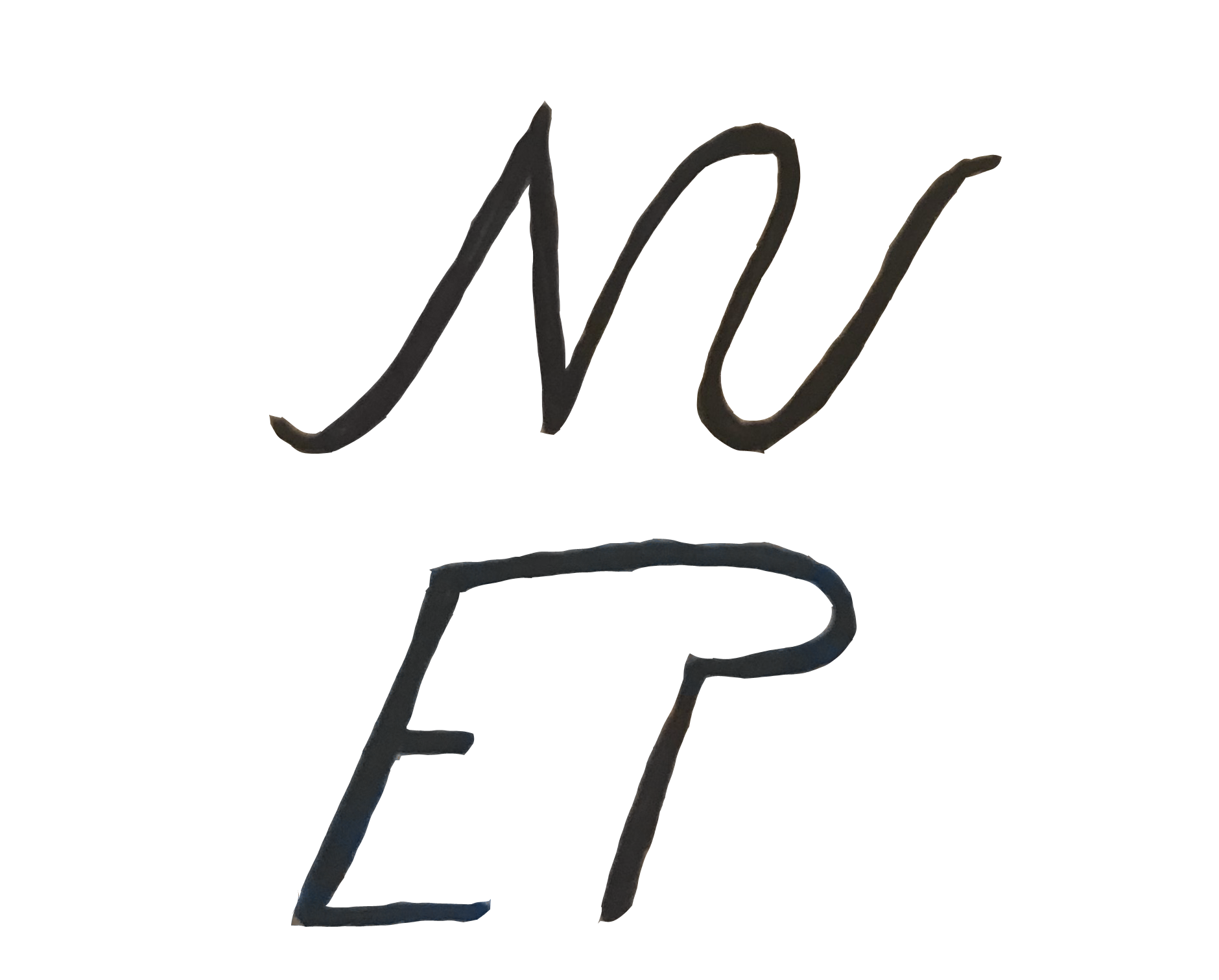Nutrition as a tool - even in drug recovery
Robert Tropp (read more about the him at the end of the article) reached out to us a while back wanting to share about a topic we belive is very relevant for Nuet. The idea that something as simple as nutrition can help individuals struggling with addiction. In this article Robert gives you some useful lessons on what to think about if you are struggling with addiction.
Establishing healthy eating habits should be a foundational element of any drug addiction recovery program. What we eat affects the health of our body and has a profound impact on the health of our mind. For our mind and body to function correctly, we must provide it with the right nutrients. Making the right dietary choices can improve energy level and brighten our mood, both of which help make the recovery process go much smoother.
Why Nutrition is Important in Recovery
Addiction can take a toll on our health which is why getting proper nutrition is critical to addiction recovery. Over time addiction and substance abuse can lead to the depletion of vital nutrients needed to keep us healthy and balanced. Nutrient deficiencies create biochemical imbalances in the brain and body which can worsen addiction and other mood disorder, making addiction recovery more challenging. Ensuring property nutrition through healthy eating habits is a crucial component to restoring balance to the mind and body and is a foundational element of the addiction recovery process.
Nourish the Mind and Body
What to include
An addiction recovery diet should focus on nutrient dense foods that will help stabilize blood sugar, lower inflammation, and nourish the brain and body. One of the best ways to support recovery is by incorporating a whole-food based diet that consists of plenty of fruits, vegetables, whole grains, nuts, seeds, and quality sourced proteins. It is essential to choose organic, grass-fed, free-range, and wild caught when possible as it will eliminate many of the harmful pesticides anti-biotics, and hormones found in many convention proteins and produce. These substances have been shown to worsen many mood disorders and can make addiction recovery more of a challenge.
Food to Include:
Proteins – (legumes, fish, chicken, eggs.)
Green vegetables – (spinach, broccoli, kale)
Whole grains – (whole wheat, brown rice)
Starchy vegetables (sweet potatoes, squash, plantains, carrots)
High-quality fats (olive oil, ghee, coconut oil, grass-fed butter)
Nuts and seeds – (almonds, walnuts, pumpkin seeds, flax seed)
What to avoid
Equally as important as the healthy, nutrient dense foods to include in an addiction recovery diet are the foods to exclude. It’s essential to eliminate the consumption of processed and packaged foods as they typically contain artificial ingredients, preservatives, and other harmful chemicals that can make addiction and mood disorders worse. Limiting sugar and refined carbohydrates is equally as important as they can cause blood sugar swings that create imbalanced mood states and intensify cravings.
Foods to avoid :
MSG - Monosodium glutamate
Omega-6 Oils (Soybean oil, canola oil, cottonseed oil)
Refined carbohydrates (white flour, white rice, corn syrup, refined sweeteners)
Hydrogenated oils
Detoxify the body
Addiction often involves putting harmful substances in the body. In the case of prolonged substance abuse it often desirable to begin to remove some of the toxin burden on the body by using a cleansing diet. Increasing the amount of fruits, vegetables, and whole grains in the diet is a great way to help eliminate some of these toxins from the body. The addition of cleansing supplements such as milk thistle, n-acetylcysteine, glycine, and burdock root can also help aid in the process of detoxifying the body.
Establishing Healthy Eating Habits
Food can quickly become the next addiction which why it’s important to explore our relationship with food. Establishing healthy eating habits is not only about how we eat but why we eat the way we do. Comfort eating or consuming foods that stimulate dopamine often become an alternative to another addiction we’re trying to break. Consuming excess amounts of sugar and junk food is damaging to the brain and body and will only make the addiction recovery process more of a challenge.
It’s important to explore our relationship to food and why we eat the way we do as part of the addiction recovery process. Using food as a crutch for dealing with our emotions and stress in our life is furthering the additive mindset.
Diet and nutrition are a critical element of the addiction recovery processthat is often overlooked or disregarded. It’s important to make the connection with what we put in our bodies and how we feel. When the mind and body are adequately nourished, it improves energy, brightens the mood, and helps eliminate cravings. Establishing healthy eating habits will help improve both mental and physical health, which helps build a foundation for long term recovery from addiction.
About the author
As this is an article focusing on drug addiction, we think that it’s important to provide information about the author of the article. Robert Tropp is a functional nutrition practitioner whose primary focus is substance abuse and mental health disorders. Robert used functional medicine to help heal his mind and body, and now uses the lessons he learned in his journey to wellness to help others to regain their mental and physical well-being. Robert is an advocate for the importance of nutrition in addiction recovery and works as the health and wellness director at Nuview Treatment Center in Marina Del Rey, CA
Side note: Although animal products are mentioned in this article, it does not mean that eating animal products is the only way to recover from drug addiction.
Hotlines for drug addiction and abuse:
US (National) hotline: 844.244.3171
Canada (National) hotline: 1-877-586-6887

